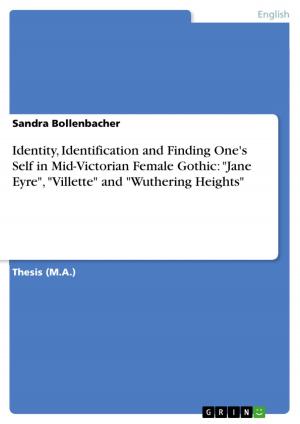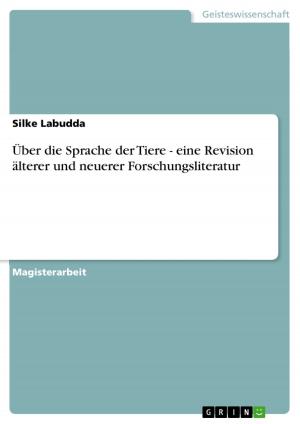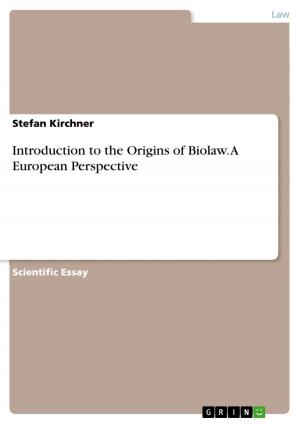The lexeme 'hate' in the dictionary
Nonfiction, Reference & Language, Study Aids, ESL, Foreign Languages| Author: | Julia Müller | ISBN: | 9783640899647 |
| Publisher: | GRIN Verlag | Publication: | April 26, 2011 |
| Imprint: | GRIN Verlag | Language: | English |
| Author: | Julia Müller |
| ISBN: | 9783640899647 |
| Publisher: | GRIN Verlag |
| Publication: | April 26, 2011 |
| Imprint: | GRIN Verlag |
| Language: | English |
Seminar paper from the year 2011 in the subject English - Pedagogy, Didactics, Literature Studies, grade: 1,3, University of Würzburg, language: English, abstract: For more than 50 years, English has been the lingua franca in Europe, i.e. people not sharing a mother tongue typically use English to communicate with each other. Therefore, dictionaries are very important tools for non-native speakers who wish to learn English. English is a language that was influenced by many different languages over centuries, e.g. in the 5th and 6th century, when the Angles, Saxons and Jutes invaded Britain and brought their languages with them. Another influence was the invasion of Britain by William the Conqueror in 1066, which introduced kind of French to the English language. Accordingly, the vocabulary of the English language has only gotten larger over time, and has resulted in the increase in the number of synonym pairs (i.e. for many terms there are equivalents with different origins that frequently have slightly different meanings). This fact helps to explain the variety that one finds in current English and also explains why the English language often offers more than one term to describe the same situation. In the following, the lexeme hate is going to be explained with the help of three dictionaries, namely the Oxford Advanced Learner's Dictionary, the Random House Dictionary and the Longman Dictionary of Contemporary English. While the first part of the paper is concerned with the comparison of the entries in the dictionaries, the second part concentrates on the relationship between love and hate and analyses the thesis that love is the antonym of hate. This research paper is confined to the word hate and does not take other forms like hatred or hater into account.
Seminar paper from the year 2011 in the subject English - Pedagogy, Didactics, Literature Studies, grade: 1,3, University of Würzburg, language: English, abstract: For more than 50 years, English has been the lingua franca in Europe, i.e. people not sharing a mother tongue typically use English to communicate with each other. Therefore, dictionaries are very important tools for non-native speakers who wish to learn English. English is a language that was influenced by many different languages over centuries, e.g. in the 5th and 6th century, when the Angles, Saxons and Jutes invaded Britain and brought their languages with them. Another influence was the invasion of Britain by William the Conqueror in 1066, which introduced kind of French to the English language. Accordingly, the vocabulary of the English language has only gotten larger over time, and has resulted in the increase in the number of synonym pairs (i.e. for many terms there are equivalents with different origins that frequently have slightly different meanings). This fact helps to explain the variety that one finds in current English and also explains why the English language often offers more than one term to describe the same situation. In the following, the lexeme hate is going to be explained with the help of three dictionaries, namely the Oxford Advanced Learner's Dictionary, the Random House Dictionary and the Longman Dictionary of Contemporary English. While the first part of the paper is concerned with the comparison of the entries in the dictionaries, the second part concentrates on the relationship between love and hate and analyses the thesis that love is the antonym of hate. This research paper is confined to the word hate and does not take other forms like hatred or hater into account.















